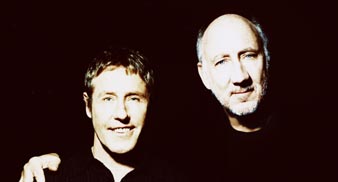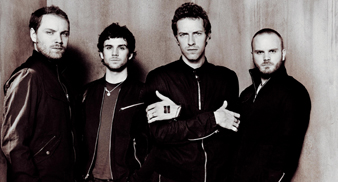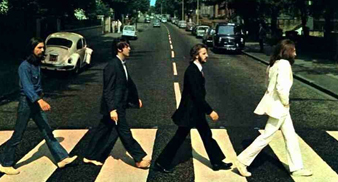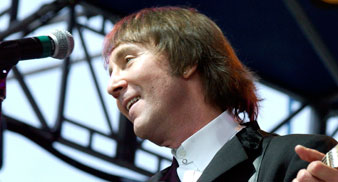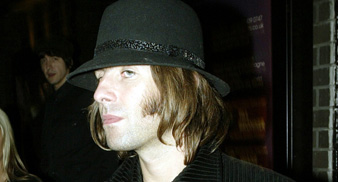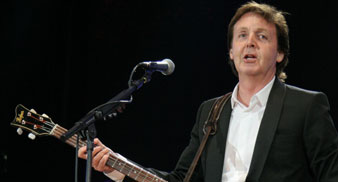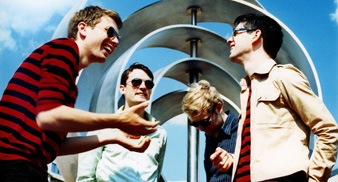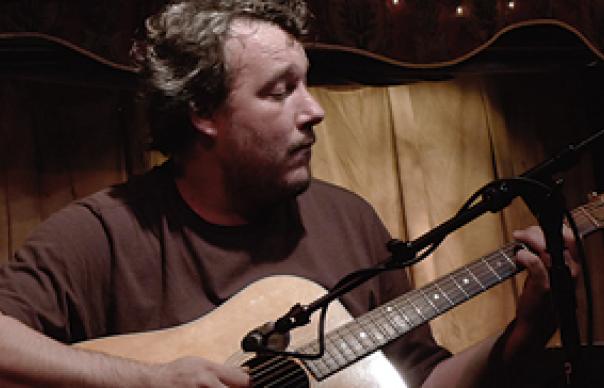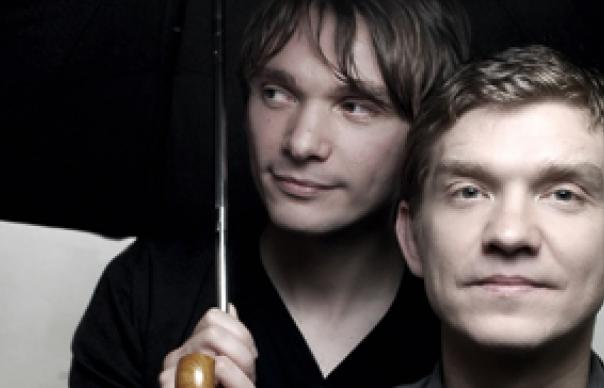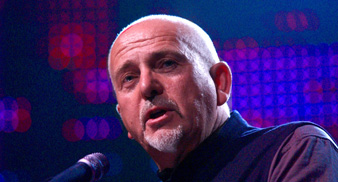One of the albums I played most in 2009 was “II” by Lindstrøm & Prins Thomas, and in fact I got pretty hooked on everything Hans-Peter Lindstrøm had done. It was easy to assume that Lindstrøm, allegedly the musician, was the more prog and kosmische inclined, while Prins Thomas, allegedly the DJ, brought the disco imperative. Listening to this wonderful new Prins Thomas solo album, though, the distinction isn’t quite so clear. While Lindstrøm’s recently taken a path that ups the ‘80s and disco influences, “Prins Thomas” basically takes off where the percolating soundscapes of “II” left off. There’s plentiful live instrumentation, not least the martial breaks and heavy bass on the really wonderful “Uggebugg”, which feels very much like a sequel to the previous album’s “Cisco”. When I wrote about “II”, I mentioned in passing an affinity with the first batch of Michael Rother solo albums, which comes much more to the fore here. “Uggebugg” shares with much of “II” a feeling of infinite build, an indulgence of entirely justifiable noodling. But around 3.45 minutes in, it resolves into a languidly twanging guitar line which feels like that kind of refracted surf sound Rother on, say, “Flammende Herzen” or “Sterntaler”. It’s still unequivocally dance music, but there’s a sense that Thomas has penetrated ever deeper into the sounds of ‘70s Germany, a clean and linear take on cosmic music that can sometimes switch up into dronemusic of a kind: the ten minutes of, ahem, “Sauerkraut” pulse away like a mellower, warmer version of Kraftwerk’s motorik circa “Autobahn”, albeit with an unexpectedly louche guitar solo. “Wendy Not Walter” (a reference to Wendy/Walter Carlos presumably) edges closer to the less rockist disco sound of the earlier Lindstrøm & Prins Thomas records – in fact, it’s the one track where Lindstrøm turns up, on piano. But I can’t help thinking this album might alienate a few of the duo’s old dance fans, while Krautrock dorks like myself lap it up. In a similar vein, a quick mention for the new Jonas Reinhardt album on Kranky, “Powers Of Audition”, which summons up the same kind of synthy pomp-kosmische located so well by Oneohtrix Point Never last year. Check him out here.
One of the albums I played most in 2009 was “II” by Lindstrøm & Prins Thomas, and in fact I got pretty hooked on everything Hans-Peter Lindstrøm had done. It was easy to assume that Lindstrøm, allegedly the musician, was the more prog and kosmische inclined, while Prins Thomas, allegedly the DJ, brought the disco imperative.


